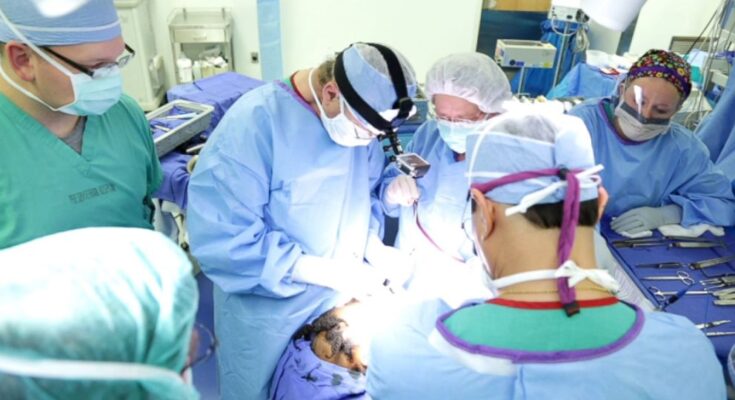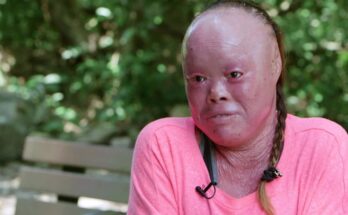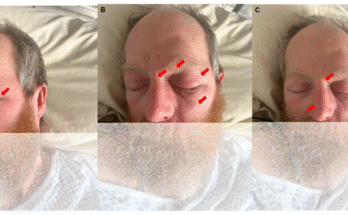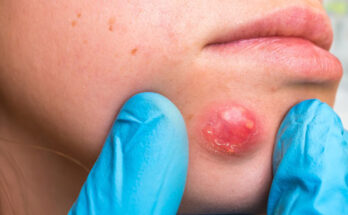Dear reader, the video is a little lower. Acne, also known as acne vulgaris, is a common but long-term skin condition that happens when oil and dead skin cells block the hair follicles. This leads to pimples, blackheads, whiteheads, and oily skin. In some cases, it can even leave behind scars. Acne usually appears on areas that have more oil glands, like the face, chest, and back.
Many people with severe acne often struggle with confidence and may feel anxious or embarrassed about their appearance. This can even lead to lower self-esteem and, in some cases, depression. It’s more than just a skin issue — it can deeply affect a person’s emotional well-being.
Experts say that genetics play a big role in who gets acne, with around 80% of cases linked to family history. While some people believe diet, smoking, or cleanliness cause acne, research hasn’t proven those links clearly. Even sunlight exposure doesn’t directly cause or cure acne.
In both males and females, hormones called androgens increase the skin’s oil production, which can lead to clogged pores. When this happens, a type of bacteria called Cutibacterium acnes — which naturally lives on our skin — starts to grow too much and causes inflammation.
Although acne can be frustrating, understanding its real causes helps in treating it better. With proper care, medical treatment, and patience, most people can control acne and restore clear, healthy skin.



